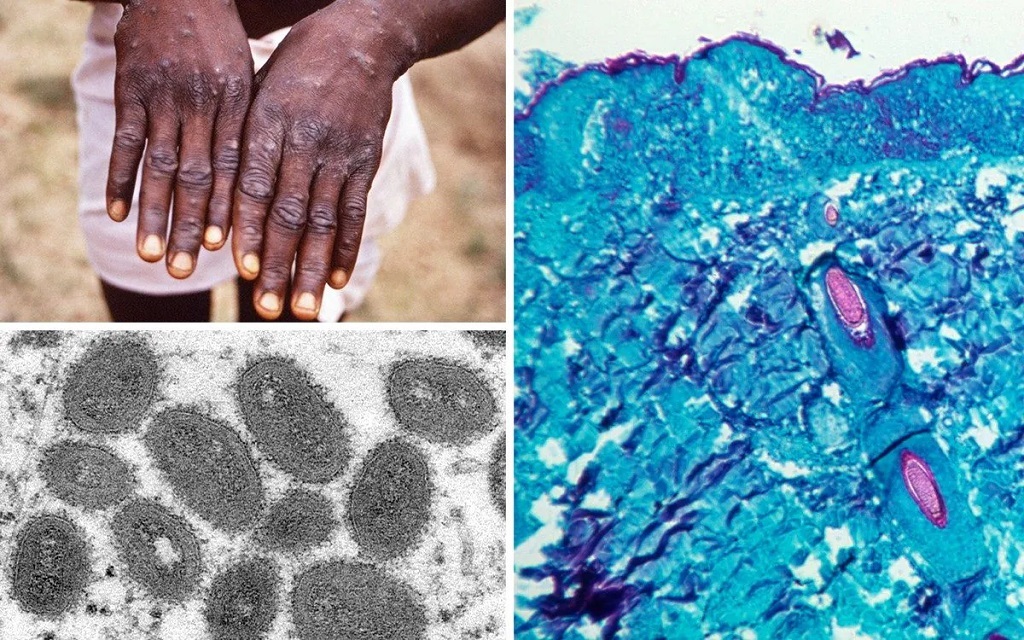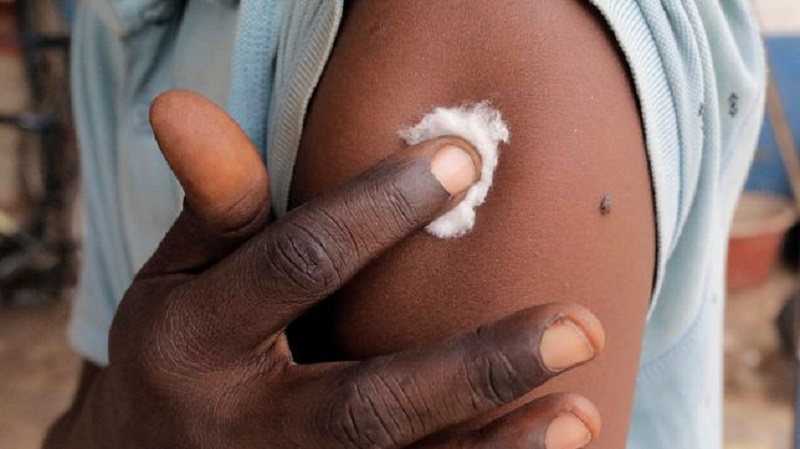
Worldwide, health authorities have sounded the alert over rising cases of Monkeypox in Europe and elsewhere. As of Friday, precisely 80 monkeypox cases have been confirmed, and 50 extras are being scrutinized in 11 nations, as indicated by the World Health Organization.
Let’s be clear: this is no other COVID, and we’re not days from lockdowns to contain the Outbreak of Monkeypox.
But this is an uncommon and phenomenal monkeypox Outbreak. It has taken researchers who have some expertise in the infection by complete shock, and it is generally a worry when an infection changes its way of behaving.
Up to this point, Monkeypox was unsurprising.
The infection’s natural home is wild creatures, remembered as rodents instead of monkeys. Someone in the rainforests of Western and Central Africa comes into contact with an infected animal, and the infection leaps species. Their skin ejects in a rash, which rankles and afterwards scabs over.
However, with Monkeypox, the world faces a very different situation than at the beginning of COVID-19. Monkeypox, in contrast to SARS-CoV-2, is a known amount. We have more tools to forestall and treat it —more than we accomplished for COVID-19 at the beginning of the pandemic — and both public health and the overall population have had a lot of preparation taking measures to prevent infections from spreading. Still, the direction of the outbreak is as yet questionable, and public health specialists stay cautious.
Definition of Monkeypox
Monkeypox is an infection that starts in wild creatures like rodents and primates and afterwards spreads to individuals. A more significant part of introductory diseases was reported in central and west Africa.
There are two principal variations – the Congo strain, which is more severe and has up to 10% mortality, and the West African pressure, which has a casualty rate of around 1%.

How is it Spreading?
Transmission between individuals generally happens through huge respiratory beads, which usually means prolonged face-to-face contact. However, the infection can likewise be spread through organic liquids. The most recent cases have fundamentally been among men who have intercourse with men.
The U.K. Health Security Agency said that, although Monkeypox has not recently been depicted as physically communicable contamination, it very well may be passed on by direct contact during sex. It can likewise be gone on through other close connections with an individual who has Monkeypox or contact with dress or clothes utilized by an individual who has Monkeypox.
Inger Damon, head of the US Centers for Disease Control and Prevention’s Division of High Consequence Pathogens and Pathology, expressed, “Many of these worldwide reports of monkeypox cases are happening inside sexual organizations. Nonetheless, medical care suppliers should be aware of any impulsive that has features normal to Monkeypox. We’re requesting that the public contact their healthcare provider if they have another rash and are worried about Monkeypox.”
What Are the Symptoms?

As per Britain’s National Health Service, the primary side effects of Monkeypox include fever, migraines, muscle throbs, depletion, and enlarged organs.
A rash seems one to five days after the main side effects, frequently starting on the face before spreading to the different parts of the body.
The rash, which begins as raised detects that transform into rankles before tumbling off, is frequently mistaken for chickenpox, the NHS says.
Bruises are found in the hands of a grown-up and a youngster.
Monkeypox sores are displayed on a patient’s hand in a CDC present from 2003, when there was an Outbreak of the infection in Indiana, Wisconsin, and Illinois.
In nations like the U.K. or, on the other hand, the U.S., side effects are ordinarily gentle, Professor Neil Mabbott, personal chair of immunopathology at the University of Edinburgh’s Roslin Institute, told Fortune in a phone call on Thursday.
But, he said, there is insufficient information to decide if certain socioeconomics is at increased risk of growing more severe side effects.
How could People Protect Against Infection?
The U.K. has started to immunize medical services labourers who might be in danger while focusing on patients with the smallpox immunization, which can likewise protect against Monkeypox. The U.S. government says it has sufficient smallpox immunization stored in its Strategic National Stockpile to vaccinate the whole U.S. populace.
There are antiviral medications for smallpox that could likewise be utilized to treat Monkeypox under particular conditions, a representative for the U.S. Division of Health and Human Services said.
More broadly, health authorities say that individuals should avoid close private contact with somebody who has a rash disease or is generally unwell. Individuals who suspect they have Monkeypox should separate themselves and look for clinical consideration.
Is There a Vaccine for Monkeypox?
Yes. An antibody created against smallpox has been endorsed for Monkeypox, and a few antivirals also appear to be viable. However, as per the CDC, there is no demonstrated, safe treatment for the monkeypox infection.
Rimoin said that the destruction of smallpox had left the globe vulnerable to outbreaks of related viruses, such as Monkeypox. Since smallpox antibodies aren’t broadly given, the immune protection they provide is lacking for billions all over the planet.
